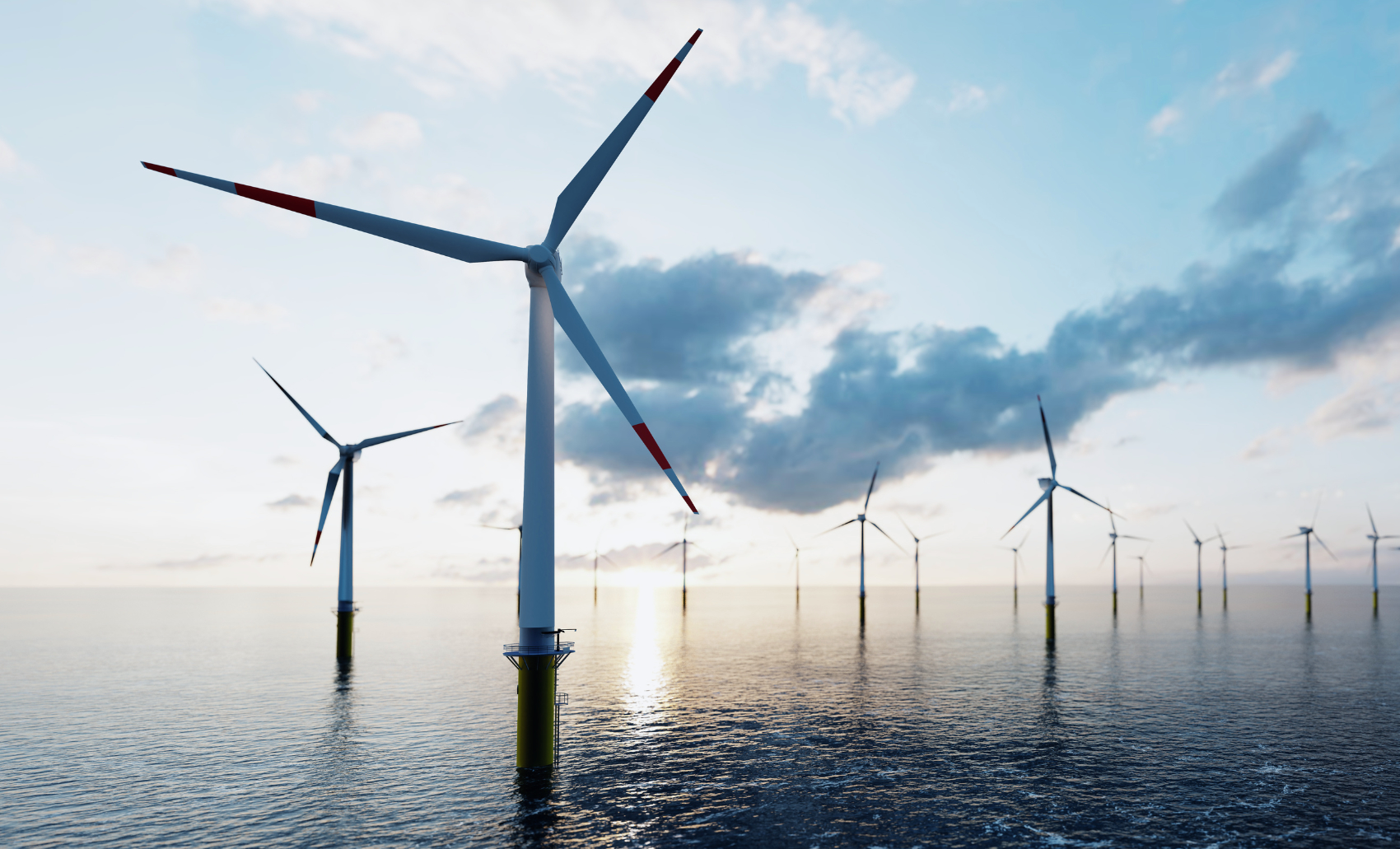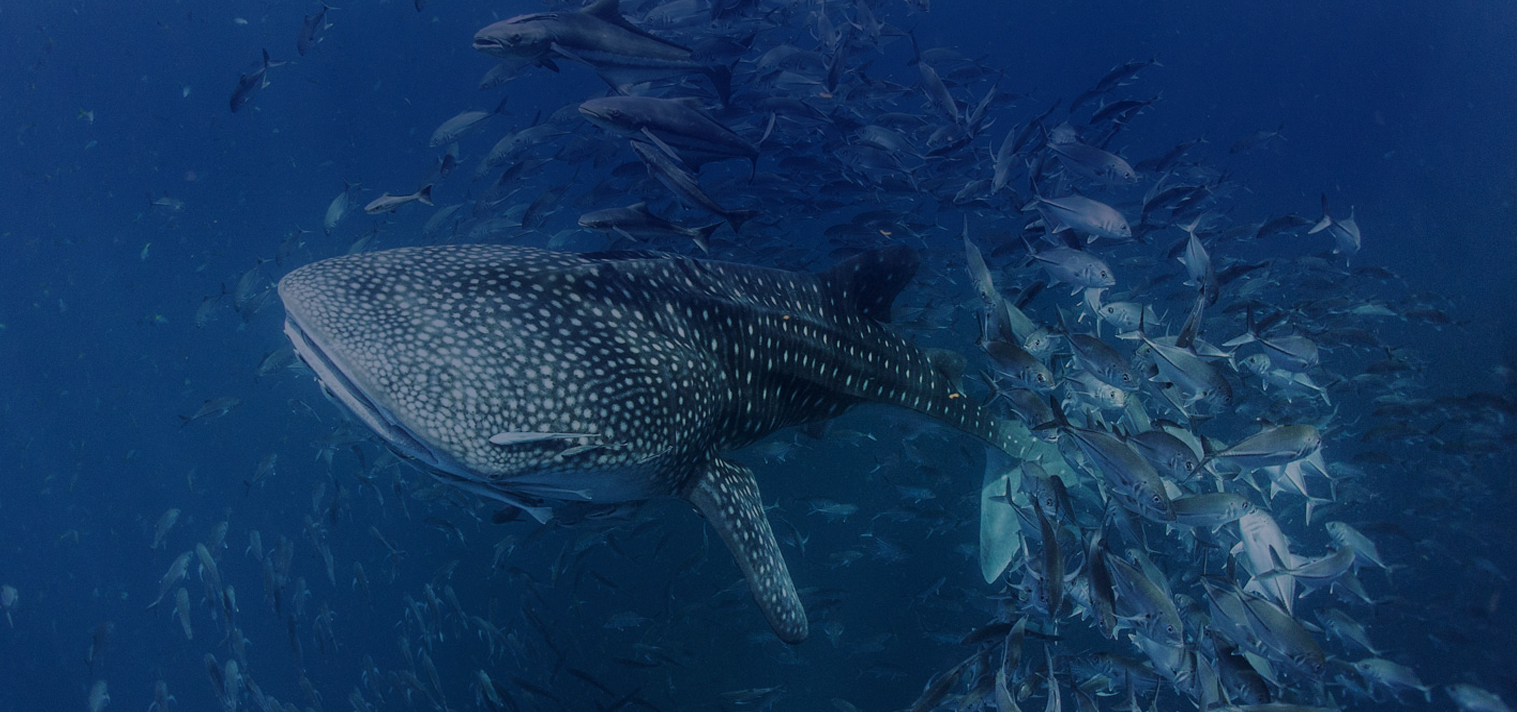Public and private sectors to advance ocean observing
Until now, vital ocean observing activities that underpin human safety, marine health, blue economies and sustainable development have largely been managed by the scientific sector, and pillared on public projects. But today, private companies are stepping into the field with promising opportunities for a blue data revolution, and an alternative path for early career ocean professionals.

12 Marzo 2023
Our societies rely on ocean observations and services every day. Yet, the importance of the whole ocean observing value chain - from data collection to user services - is not universally recognized. This builds a barrier to growing the Ocean Enterprise.
Not only do ocean data feed hazard warning systems, climate and weather models, and inform policy makers - they also play an increasingly important role in national economies and sustainable ocean management. Fisheries, transportation, offshore energy and tourism industries all form part of the blue economy, which is predicted to reach $3 trillion USD by 2030 (OECD, 2016).
However, to maximise the potential of our blue economies, a step change is needed in the ocean observing system. “Today ocean observing activities mostly rely on public funding. This current funding model will not be sufficient to expand a sustained ocean observing system to meet the growing demands for ocean information,” says Zdenka Willis, Immediate Past President of the Marine Technology Society (MTS).
“Pulling in new participants from the private sector is key to accelerating the development of the ocean observing system across its value chain,” adds Emma Heslop, Global Ocean Observing System’s (GOOS) Acting Office Director. Fortunately, private companies are increasingly open for collaboration - and this connection has a massive potential that can benefit both sides.
Prof. Matthew Mowlem is an excellent example of making the most out of the public-private nexus. As the principal investigator at the National Oceanography Centre (NOC) in the UK, he leads a team developing new sensors that allow monitoring of nutrients, phytoplankton, pollutants and other important variables in the marine environment. Aside from that, Prof. Mowlem also founded and is CTO for a start-up company that commercialises the high-tech sensors invented by his research team.
“The ocean observing market is not as small as sometimes thought, and adjacent markets outside of oceanography, such as water industry monitoring, can actually amplify and support scaling up of the market, making it cheaper for everybody,” says Prof. Mowlem.

Early Career Ocean Professional Dr. Sam Monk deploying a commercial version of the NOC developed sensor for nutrient monitoring in a river. Credit: Alex Beaton
Dialogues with Industry: Dismantling barriers and seizing opportunities
The recently completed Dialogues with Industry, hosted by GOOS, MTS and the National Oceanic and Atmospheric Administration (NOAA), brought together representatives from new and established companies, academia, and government to discuss possibilities for increased collaboration in the future.




